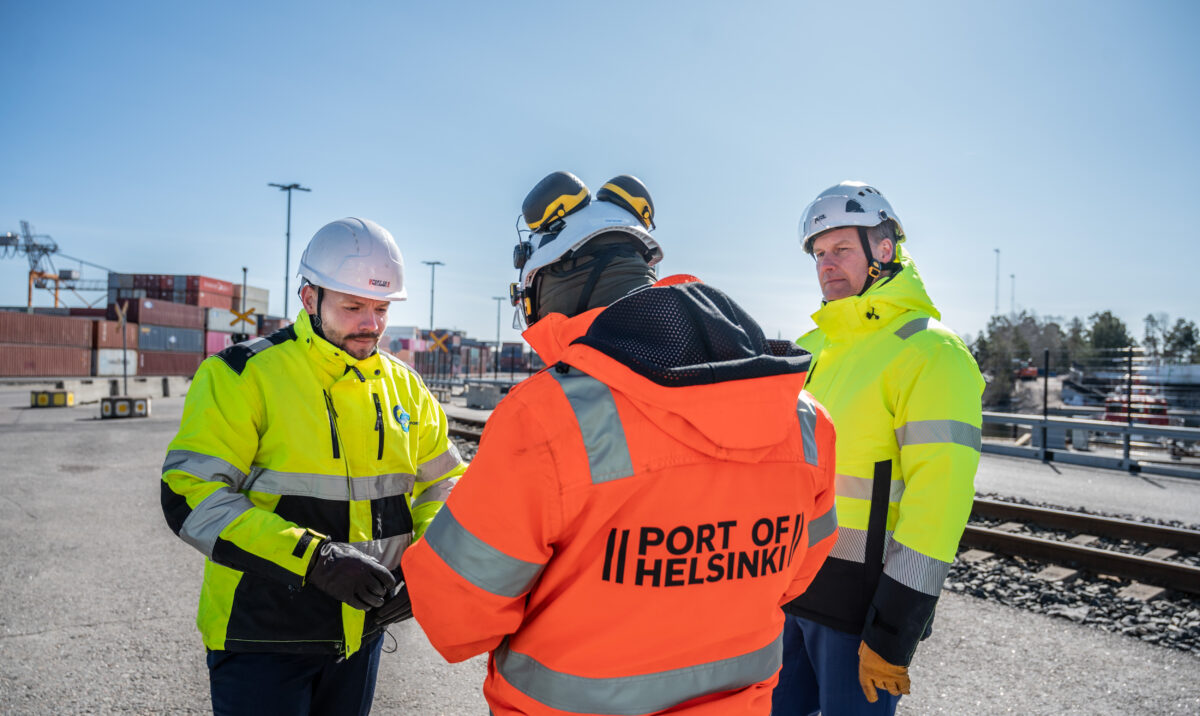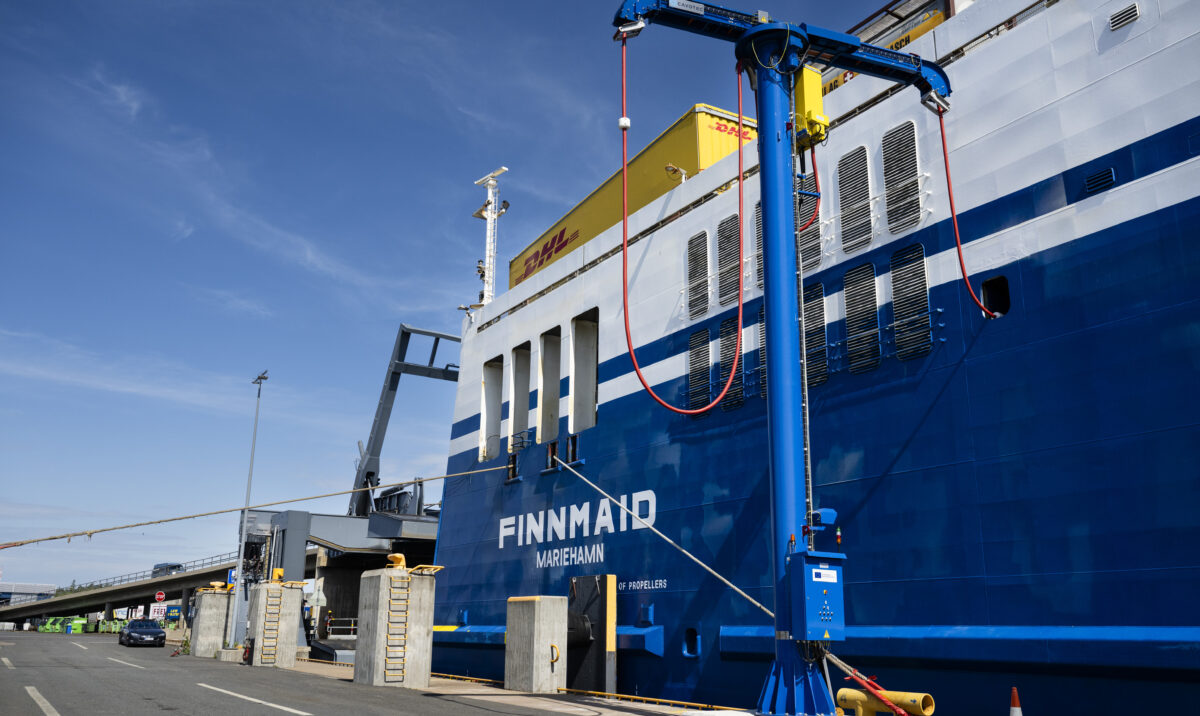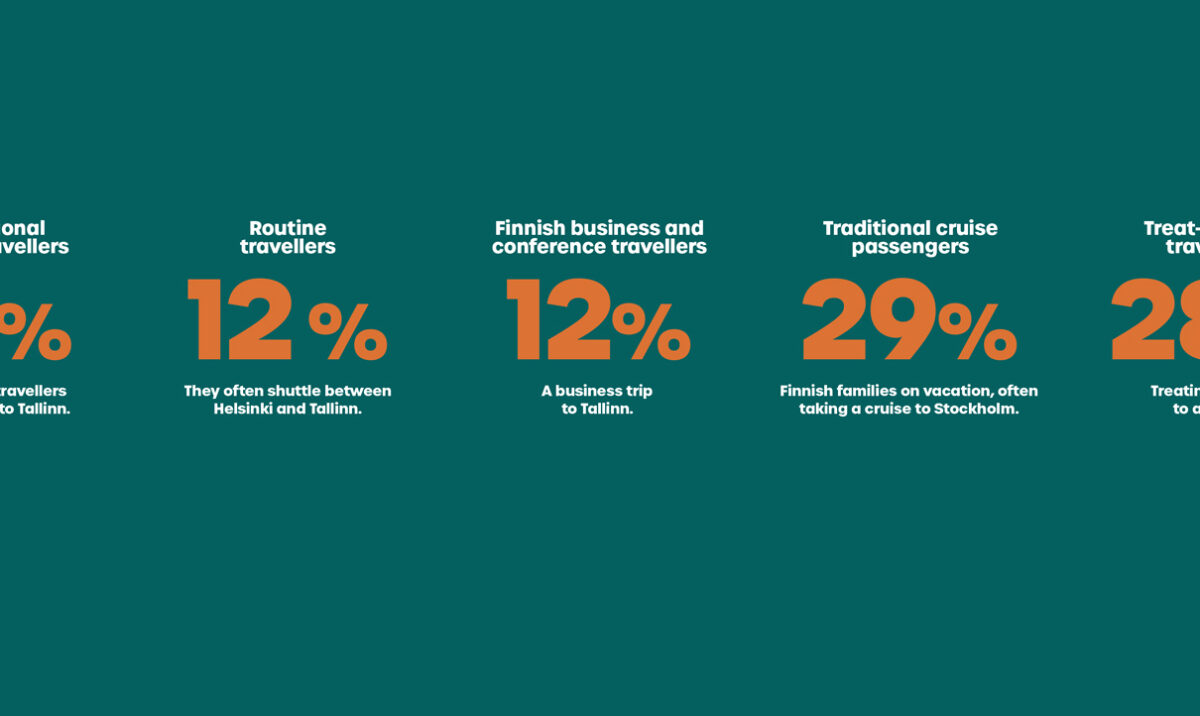
Finland is a unique country: icebreaking must function
These days, it’s hard to avoid the phrase ‘security of supply’ – and that’s good, as it’s an important topic for us all. The importance of shipping for Finland goes without saying, as more than 95 per cent of our foreign trade is conducted by sea.
Finland is the only country in the world where every port will freeze over from time to time during the winter. So we must have a working system for icebreaking. Ice hinders shipping and increases industrial logistics costs. The good news is that we have been breaking ice for over a century. We know how to do it, and have built a well-oiled model for Finland Ltd. On average, about 2,000 merchant vessels receive assistance each winter, and more than 95 per cent of them are able to continue their journeys without delay in spite of the ice. Winter conditions do not, therefore, cause significant disruptions to society or industry.
Arctia is a wholly state-owned company that lies at the heart of Finland’s security of supply. Our mission is to ensure that winter shipping remains possible, in order to safeguard Finland’s security of supply and cater to the transport needs of business and commerce. We focus on the cost-effective and low-risk organisation of icebreaking in the northern Baltic Sea; enabling military mobility; and providing hydrography and fairway maintenance and planning services to ensure naval preparedness – under all circumstances.
The operating environment for icebreaking is changing: merchant vessels are less capable of sailing through ice, and there is also an increased need for assistance due to offshore wind farms and difficult conditions caused by climate change. Future challenges will be addressed by enhancing cooperation among operators, renewing ageing fleets and equipment, and ensuring that Finland continues to have enough skilled personnel. New icebreakers will be introduced to provide more effective assistance and increased reliability with greater environmental responsibility. However, considerable capital expenditure will also increase costs.
Services such as fairway maintenance and hydrography ensure that vessel traffic safety systems function reliably and nautical charts show accurate depth data. In addition to routine functions, other capabilities also improve security of supply: oil spill recovery, and pipe and cable measurement and inspection services (also in the event of sudden faults). Geopolitical tensions highlight the importance of having reliable operations.
The highest level of security of supply will be achieved by using a model of continuous improvement in which all stakeholders have the same objective. If a country is suffering from a lack of resources, it’s a good idea to focus on ensuring the availability of skilled personnel and increasing their competence; upgrading equipment as cost-effectively as possible; and managing the comprehensive development of all operators at system level. A system that is flexible and collaborative under normal conditions will also respond best to exceptional circumstances, especially when it is staffed by skilled and committed personnel.





